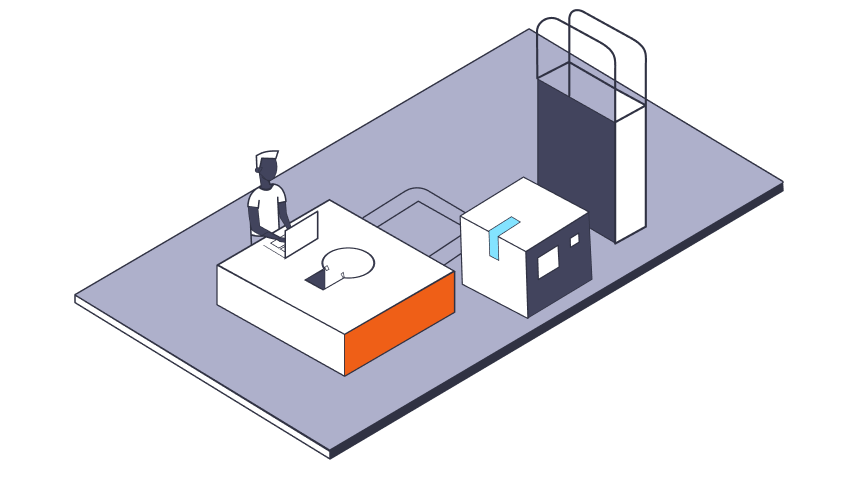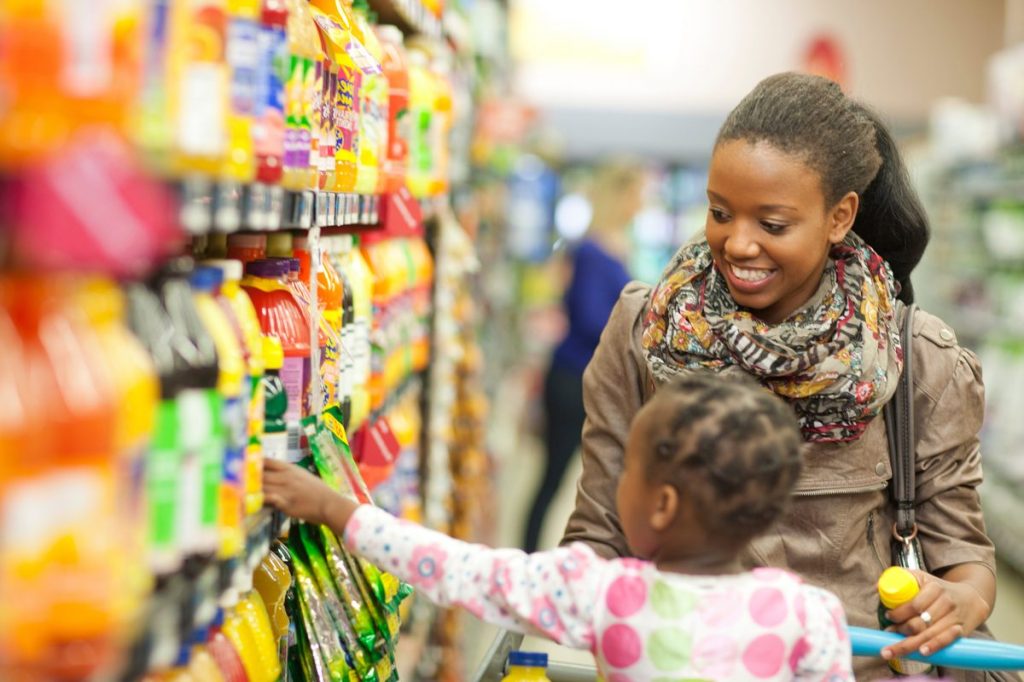Shifting consumer priorities
In South Africa, two-thirds of consumers strongly believe that the long -term effects of the COVID-19 pandemic will continue and the country will only be free of its direct impacts, in 2023. The recent NielsenIQ 2022 Consumer Outlook Study, surveyed in 16 countries, revealed a substantially altered picture of South African consumers. With significant implications in light of consumers’ changed priorities, it is critical to evaluate how these changes will affect their spending habits and product choices.
As South Africans look ahead, and begin to re-engage in the new normal, many still feel they are living in an environment of uncertainty, with eight out of ten are re-evaluating their future buying behaviors significantly. South African consumers are monitoring their baskets to ensure affordability, prices, freshness, and hygiene/safety.
Home-bound economy is here to stay
Delving deeper, 41% of consumers (vs. 47% globally) said they would live with some caution if COVID-19 continues to impact the country in the next 12 months. An additional 41% said they would be more vigilant (vs. 33% globally) and will go so far as avoiding certain settings, while only 14% said they will carry on their lives without fear of COVID-19.
As consumers realize that their carefree lives are a thing of the past, they are starting to review and reevaluate their lifestyle choices to be more cautious. This presents a good opportunity for the consumer goods industry, as consumers continue to restrict their movements.
The other contributing factor causing consumers to want stay home, is inflationary pressure. Many are feeling the pinch of high prices, with 70% (vs. 56% globally) stating that their weekly shops cost more compared to six months ago. In this respect, the home-based economy looks set to last longer.
Self-controlled shoppers
With this highly cautious mindset in place, one of the South African consumers’ strategies is to manage their household spending by budgeting ahead or watching their spend while shopping. Brand loyalty has also been weakened, leading consumers to more frequently select the lowest price product. Lastly, consumers now prefer larger packs to manage their expenses.
Mental wellness, future planning and financial security top of mind in South Africa
According to NielsenIQ 2022 South African Consumer Outlook Study, 84% of consumers say that their mental health will become even more important over the next 12 months, followed by planning for the future (82%) and job/financial security (81%).
These changes in priorities show that consumers’ brand preferences are set to differ from the past. As they look for products to meet their needs and budgets, it is very critical for consumer goods companies to ensure product portfolio accommodates consumers changed circumstance.
After COVID-19, the companies which understand consumers’ priorities and feed their needs in a more agile and solution -oriented mindset will have more critical addresses in the market. They must ensure their offerings can morph and resonate with how the landscape will continue to evolve in the years to come.

Navigate the retail landscape in South Africa
Win in retail with actionable insights that help drive growth for your business.




